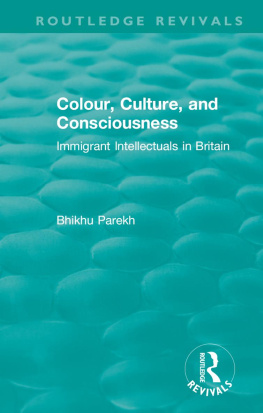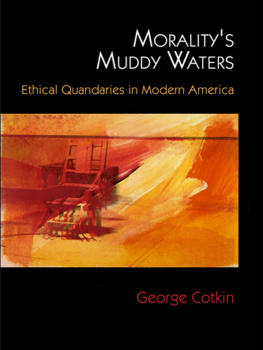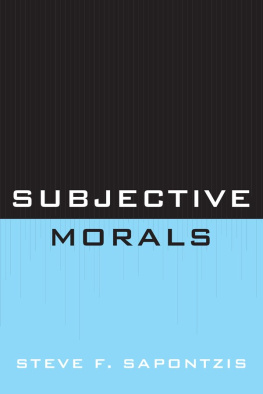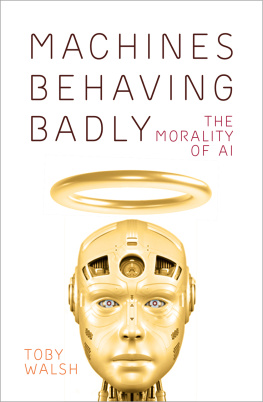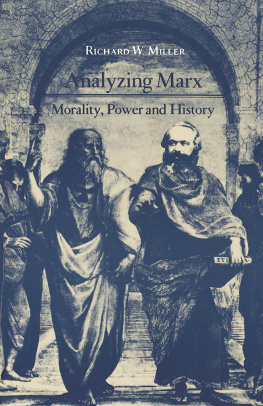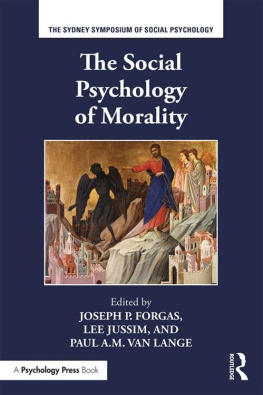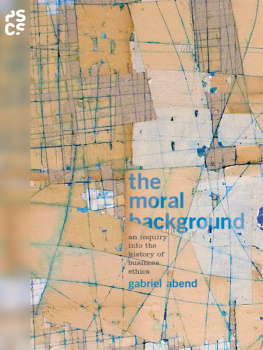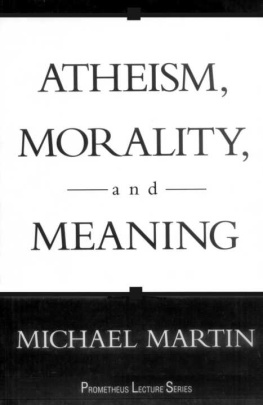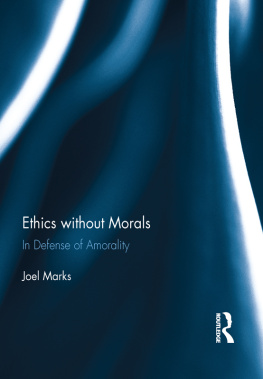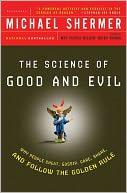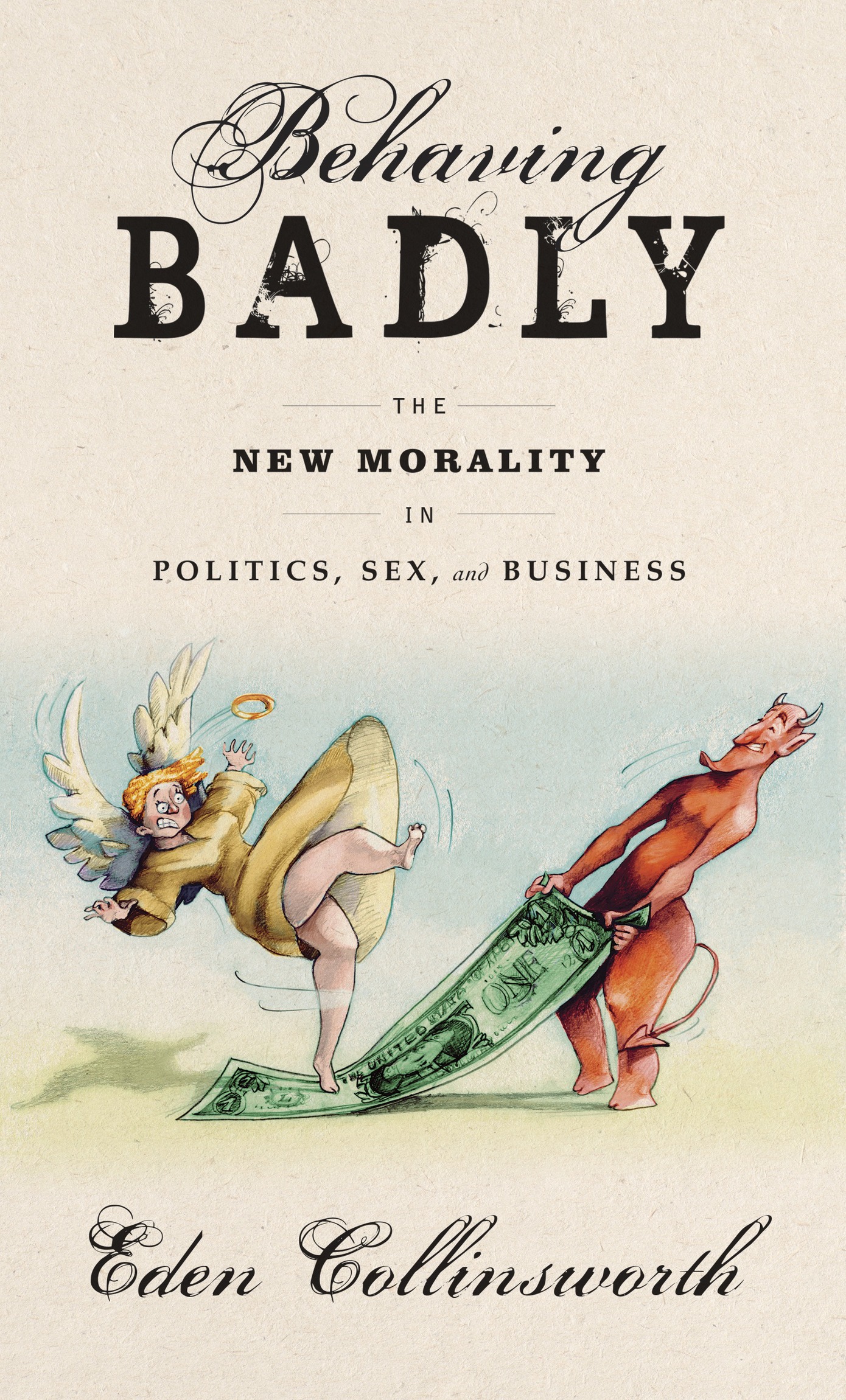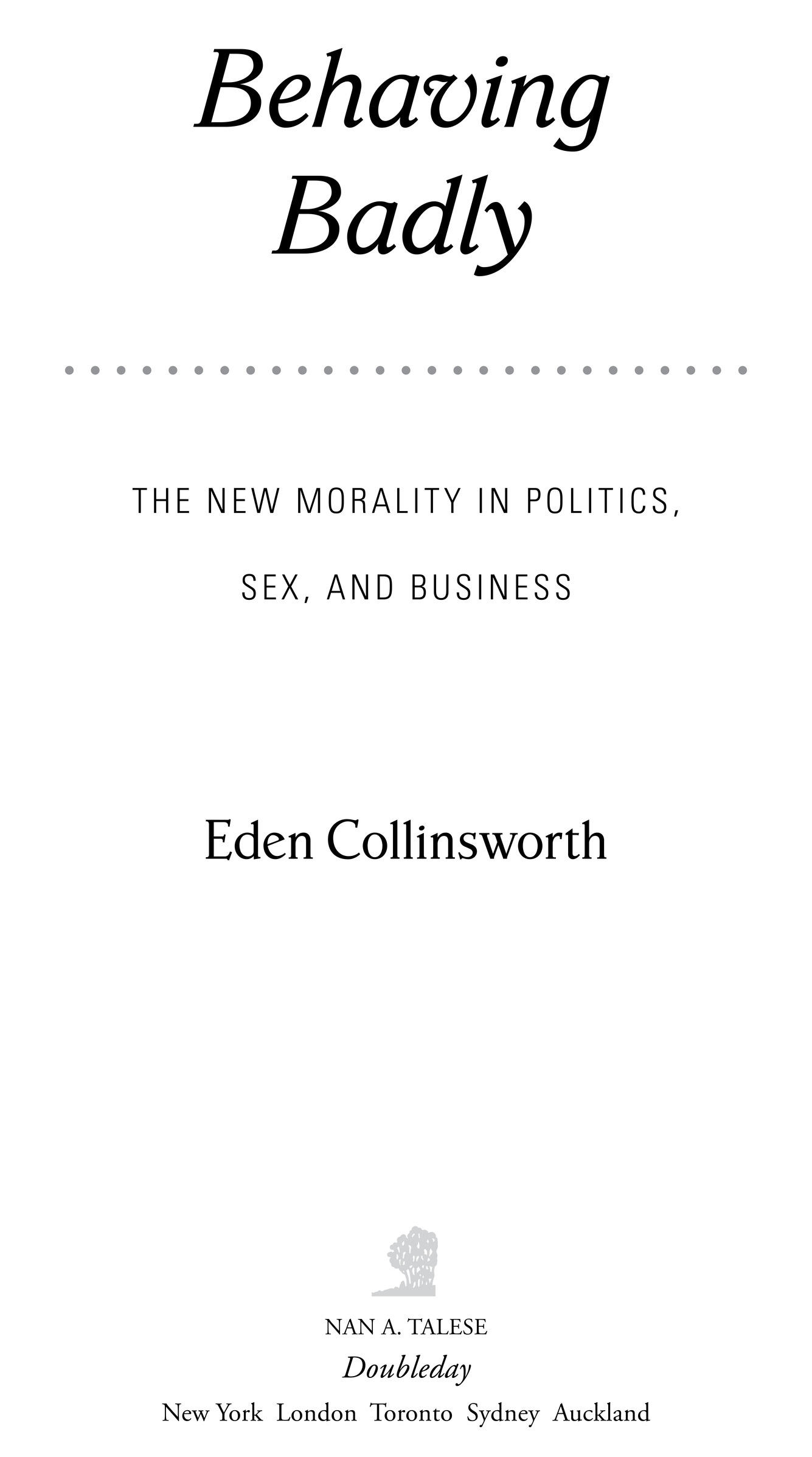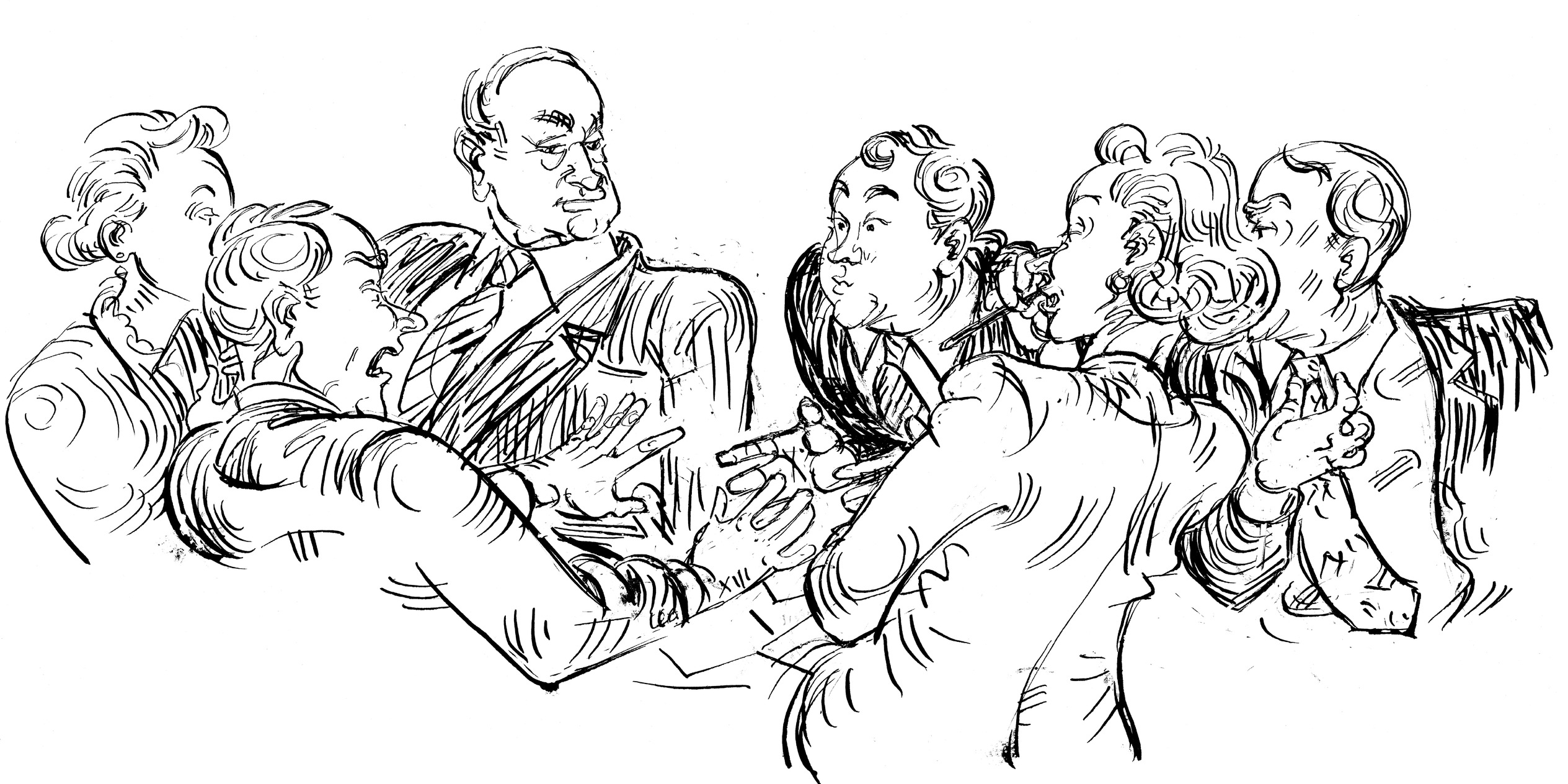The consideration of morality cannot survive without a great deal of humility and some degree of humor. My intention is that both be brought to bear here, for I am not an ethicist or a social scientist and this is not an academic debate on the topic of morality but an adventurous search for its modern-day relevance.
PROLOGUE
A great many people think they are thinking when they are merely rearranging their prejudices.
attributed to William James, nineteenth-century American philosopher, psychologist, and author
I t began as a lively conversation.
That was before disagreement made itself known and caused tempers to flare. Manners were breached. One person stormed out of the room. Another was reduced to tears.
My motherEuropean by birth and old-world in her convictionswas an extremely correct woman, the kind who became confused when someone who didnt know her well nonetheless called her by her first name. When I phoned to debrief her about my friends bad behavior, she was embarrassed for me.
And this took place in your apartment? she asked, trying to get her bearings. What on earth caused such a scene?
We were talking about morality, I told her.
I cant imagine why you would encourage that kind of discussion, she said, more accusation than query.
It wasnt me was my childish claim before ignominiously placing the blame on my dinner guests. Someone said something, and the next thing I knew, it was out of my control.
Always and immaculately in control, my mother told me that it is the obligation of the guests to ensure that the host has no regrets for having invited them but it is the duty of the host to make sure the guests are not made uncomfortable in conversation. The fault, she informed me, was entirely mine for allowing provocation to introduce itself at the dining table. Bad behavior should never be given an opportunity to declare itself, she said, and not to lose sight of the broader issue, she reminded me that moral conduct must always hold its ground.
My mother was right.
But how is one sure what constitutes bad behavior, given the shifting tectonic plates under that defining issue? More fundamentally, where does one find solid moral ground on what is proving to be the porous bedrock of our twenty-first century?
Civility clears a path toward morality was how my mother concluded our phone conversation, as if it were all I needed to know.
No single generation can claim a peerless contribution to ethical behavior, but in my mothers time morality was a rule book: some parts enshrined as decent behavior; others, implicit. Sins were laid bare and bad behavior had far-reaching and lasting consequences.
That is no longer the case. What were clearly designated ethics have been blurred: in politics, with our leaders, for whom we have less and less respect but are willing, more and more, to accept that their bad deeds have mitigating factors; with the Wall-Street-take-all mentality in business, where it has become difficult to define cheating, lying, and stealing; in popular entertainment, with morally prismatic antiheroes operating in a stylish gray zone; and in our daily lives, whose churning technology grants permission to act in ways we would not necessarily act without it. For the first time in history, we have the skills and the knowledge to modify ourselves, both biologically and digitally, yet we struggle with the fundamental conceit of living successfully in the here and now with our fellow humans.
In this unsettling era, moral variables are being shaped less by ideals than by global markets, so perhaps we should remind ourselves who is holding the checkbook. In the 1920s, British firms owned 40 percent of the global stock of foreign direct investment; by the 1960s, America had assumed the mantle. Despite its growing pains from recent state-dictated reforms, Chinawhose economy in the last twenty-five years has quintupledis likely to be next.
The population of China is 1.3 billion (compared with Americas 318.9 million). Its cultureformed over two and a half millenniaembraces a Confucian perspective, which is in stark contrast to the linear rationalism attributed to Western belief. Confuciuss analects concentrate on the practical rather than the theoretical; they advise against reducing morality to a universal truth. Unlike the West, where Judeo-Christian ethics designate a nonnegotiable right and wrong, the Chinese do not adhere to absolutes. This means that one in five of the worlds current population believes that there is no single way of being wrong and many ways of being right.
Where does that leave the rest of us?
We in the West would like to believe that individual freedom determines our choices, but in reality we are ruled by our culture and the prevailing time in which we live. Since he was old enough to understand my words, I tried to teach my son the difference between right and wrong, but the plain fact is that his take on morality wasnt instilled by me as much as it was dictated by the profound changes during the course of his life: changes brought about by advancements in technology and science I dont fully understand and my mother could not have imagined.


